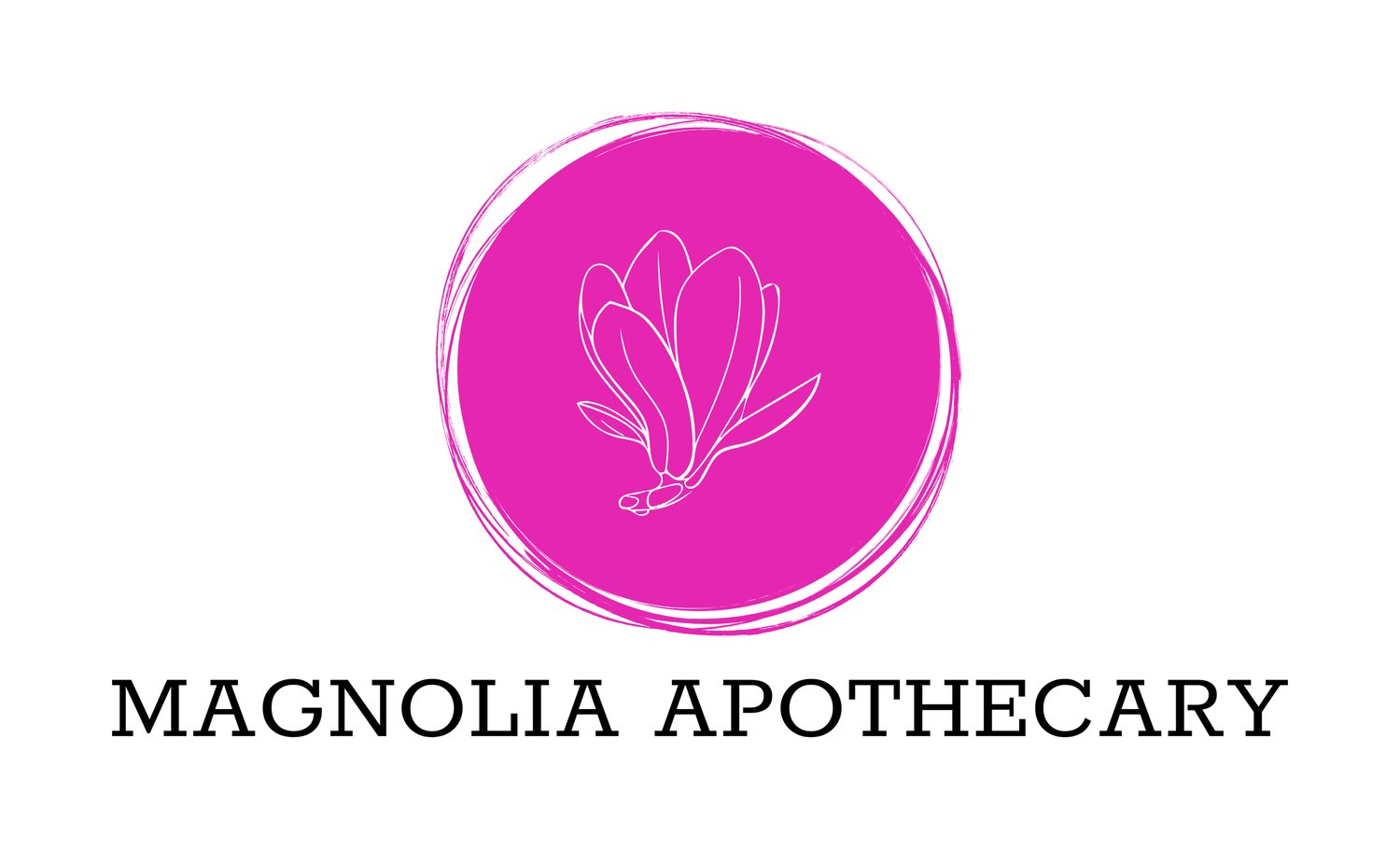Choline (B4)
Choline
What is choline?
Choline is an essential nutrient that is not as well discussed as folate and Vitamin B12 but is just as important in neurodevelopment. Historically it was called vitamin B4, but it became an essential nutrient because our bodies cannot make enough so it lost its vitamin title.
Choline is derived from the amino acid, glycine. It can then be made into betain or shunted down to make phosphatidylcholine. Phosphatidylcholine is needed to produce acetylcholine, an important neurotransmitter for memory, mood, muscle control, and other brain and nervous system functions. Choline plays important roles in modulating gene expression, cell membrane signalling, lipid transport and metabolism.
Choline can be made in the body, but the ability of the body to produce enough depends on the methylation process. Hence why it is an essential nutrient.
A deficiency is often associated with disease states such as:
Non Alcoholic Fatty liver disease (often found to have PEMT snp)
Important in pregnancy and infancy for neurodevelopment
Impacts on mental health and mood disorders
Cognitive impairment
High homocysteine
Metabolic syndrome
Choline is the key nutrient to transport fat from the liver, and with out enough choline then we often see signs of non-alcoholic fatty liver disease.
Choline and betain have a connective relationship and both need a functioning folate cycle to contribute to the methionine cycle, as these cycles are both part of DNA methylation. Methionine is also involved in producing SAMe, a nutrient that is often considered in mood disorders.
If you have the MTHFR 677T snp especially heterozygous, then the recommended daily allowance needs to be much higher than standard requirements. If you have the MTHFR, PEMT or CBS snps then your ability to remethylate choline into methionine could be greatly reduced.
The PEMT snp is an issue especially for females, as its uses oestrogen to help convert choline into phosphatidylcholine. If you are carrying this PEMT Snp and you are post-menopause then you would be experiencing a dysregulation in your choline pathways. Your requirements for choline are most definitely increased
Low choline can affect the nervous system, due to a lack of acetylcholine. As acetylcholine is a neurotransmitter essential for processing memory and learning, it is decreased in both concentration and function in patients with Alzheimer's disease.
Choline can be sourced from foods but usually you can only get around 50% of choline requirements via this method.
Choline is found in foods such as:
Liver
Egg yolks
Meats
Salmon
Nuts (moderate)
Cruciferous vegetables (moderate)
The signs and symptoms of choline deficiency are not always that obvious because they can look like many other conditions, but if you have the following then this nutrient is worth consideration.
High homocysteine
Feeling anxious or nervous
Non-Alcoholic Fatty liver disease
Muscle damage
Post-Menopause
Whilst a true deficiency is quite rare, the recommended daily allowance is low, especially for those with methylation issues and pregnancy. It is often needed in much higher amounts than RDI’s.
Pregnant women especially in the 3rd trimester have an increased need for choline as the foetal brain develops at a rapid pace, requiring DHA and other nutrients. Phosphatidylcholine helps transport DHA and the other nutrients into the foetal brain to allow this growth to take place.
So if you think you need more choline or you have any of the mentioned conditions, then book in and have a chat.
